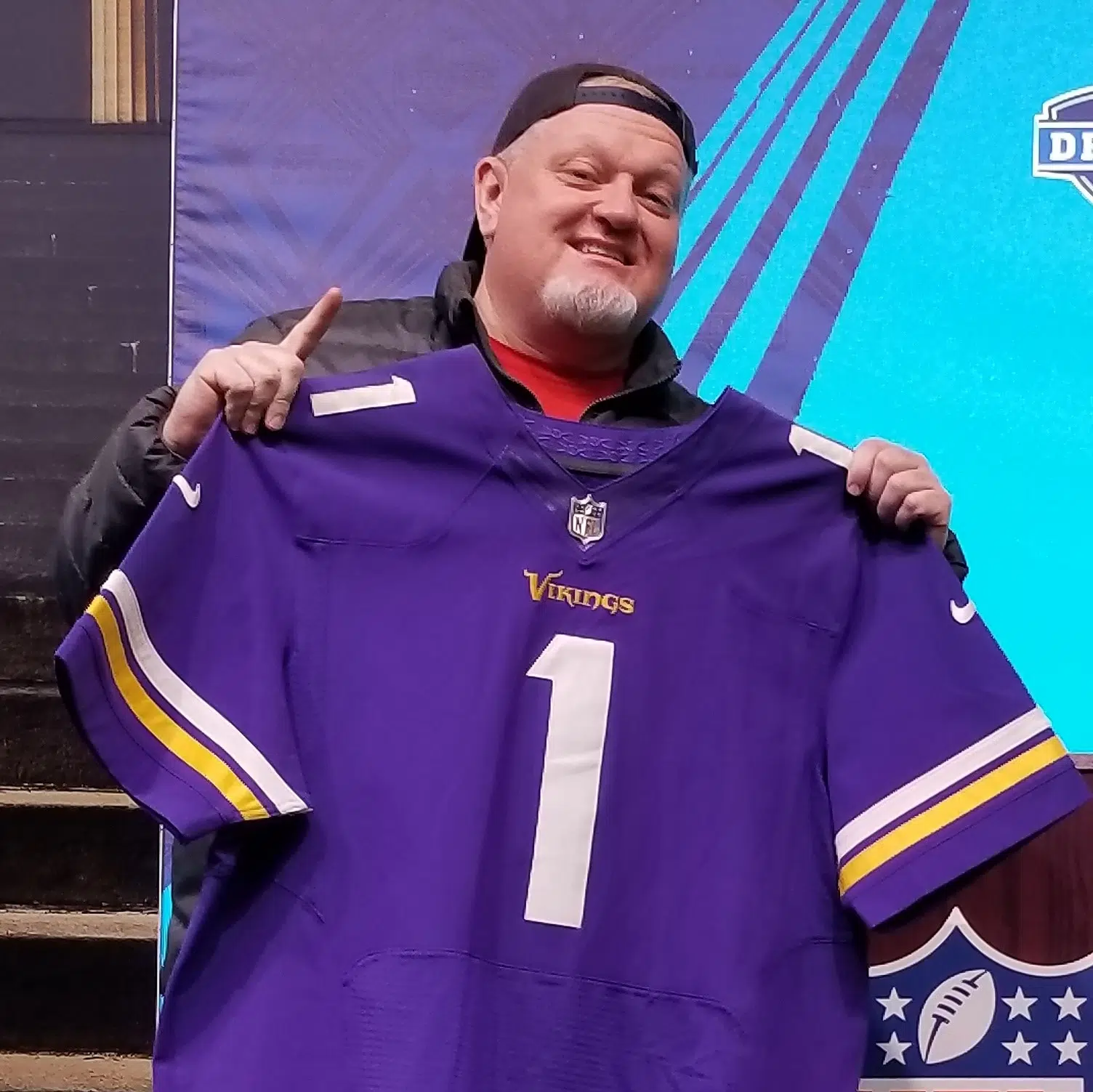By Chibuike Oguh and Tim Hepher
(Reuters) – Veteran budget airline investor Bill Franke has pledged to avoid what he once called the “path to hell” after masterminding a $2.9 billion merger of discount airlines – letting dealmaking get the better of tight cost controls that support low fares.
The 84-year-old entrepreneur has turned his private equity firm’s initial $36 million in Frontier Group Holdings into a stake worth $2.4 billion in the agreed merger with Spirit Airlines Inc – a rare feat in high-risk airline deals.
On Monday, Frontier and Spirit unveiled their plans to create the fifth-largest U.S. airline, valuing Florida-based Spirit at about $2.9 billion excluding debt.
After spearheading the low-cost strategy at both airlines – having previously served as a chairman and key shareholder of Spirit and now Frontier – Franke is no mood to relax the simple formula that underpins his investments on three continents.
“The trick is being disciplined about cost structure,” Franke told Reuters in an interview.
Franke has long been a pioneer of ultra-low cost airlines like Frontier and Spirit, which occupy a tier of the market below long-established budget rivals like Southwest.
Such airlines rely on offering a fare stripped back to its lowest possible level, topped up by charges for extras like booking through a call center, a strategy known as unbundling.
The business also keeps a laser focus on serving tourism or visits to relatives, without chasing after business travelers.
Such carriers were among the first to recover from the pandemic.
“There’s been a rebound in booking in the U.S. though most of them is the class we call visiting family and friends rather than business travel,” Franke said.
“We’re optimistic because there is pent-up demand. Consumers still like to pay low prices.”
BUSINESS MODEL
The pledge to maintain low costs and fares appears directed in part at U.S. regulators who will closely review the merger deal, amid increased scepticism about takeovers under the Biden administration, according to lawyers.
But it also reflects Franke’s reluctance to make compromises on the business model purely for the sake of expansion – a message unlikely to be lost on other airlines in which his investment firm owns shares, like Europe’s Wizz Air.
While Frontier, Spirit and Wizz all have similar business strategies, Wizz Air triggered concerns among some analysts about its ability to expand without losing control of costs when it made an approach to Britain’s easyJet last year.
EasyJet rejected the approach and Wizz Air, which never confirmed the move, subsequently said it preferred organic growth without being “blind” to other opportunities.
Franke began his airline career at then-bankrupt America West Airlines, which later acquired U.S. Airways and was then bought out by American Airlines.
His airline-focused buyout firm, Indigo Partners, owns stakes in Wizz Air, JetSMART of Chile and Mexico’s Volaris, as well as 83% of Colorado-based Frontier, valued at $2.7 billion.
It is expected to own about 43% in the combined entity following the merger of Frontier and Spirit.
Indigo, which Franke founded in 2002, paid $36 million to acquire ownership and assume the debt of Frontier from Republic Airways Holdings Inc in 2013 after selling shares in Spirit.
Franke rebranded Frontier as a low-cost, no-frills carrier, flying its jets for longer hours and eliminating some destinations served by major U.S. airlines.
Indigo took Frontier public in April 2021 after the airline grew to become a U.S. regional player and following the COVID-19 pandemic, which had upended air travel worldwide.
Frontier was valued at $4.5 billion in that offering, which raised $300 million for the airline and another $300 million for Indigo. It closed on Monday at $12.82 per share, for a market value of $2.8 billion – still a 66-fold gain on Franke’s gamble.
(Reporting by Chibuike Oguh in New York, Tim Hepher in Paris, Additional reporting by Rajesh Kumar Singh in Chicago; Editing by Catherine Evans)



